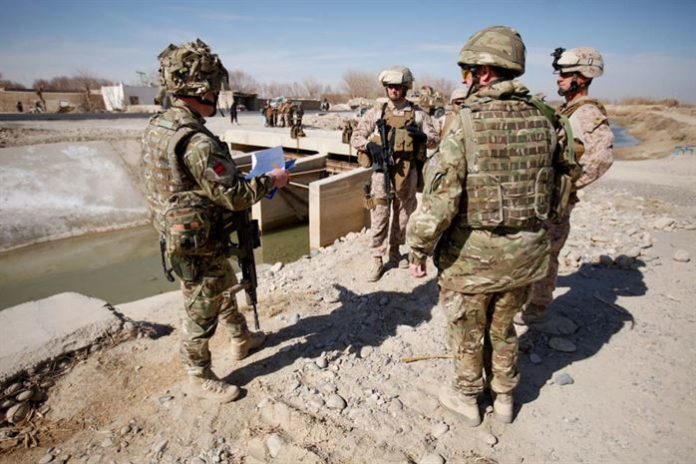
Britain must invest more to boost trade and security in the Middle East after Brexit, according to a new BICOM report published today.
The paper, ‘ British Middle East Strategy after Brexit’, is a detailed analysis of the UK’s economic and security interests in the Middle East and includes a series of recommendations for the post-Brexit era. The paper concludes that the Foreign Office budget should be increased and defence spending maintained or increased if the UK is to expand trade and combat future security threats.
In addition, the UK will become increasingly reliant on oil and gas from the Middle East over the next decade, but there are significant opportunities to expand trade with regional states, especially Israel and the Gulf States.
The paper reveals that only 30 per cent of Foreign Office diplomats in Arab countries speak Arabic, compared to 64 per cent of US diplomats in similar posts. The paper says the Foreign Office should increase investment in Middle East language skills to ensure the UK has the expertise to maximise its influence.
As regards regional alliances, the paper says close ties with Gulf states and efforts to contain Iran best protect the UK’s core interests. Britain should deepen Gulf security cooperation and take a tougher approach to Iran’s destabilising regional activity. To expand trade relations, the UK should seek a comprehensive free trade deal with the Gulf states.
BICOM CEO James Sorene said: “The Middle East matters. For our economy, energy supply and security. As the Syrian civil war demonstrates, instability and violence in the region sends shockwaves to our shores. The region is also a major market for Britain. We export more to the Middle East than China or Brazil and India combined.”
He added: “Now is the time to reassess our regional relations. The UK can no longer rely on the US as a lynchpin in the Middle East. It is still a vital partner, but the UK should also build new partnerships for its Middle East policy. The UK must invest now for this vital work to continue. To build on our existing relations, sign new trade deals and forge stronger alliances in the region.”









